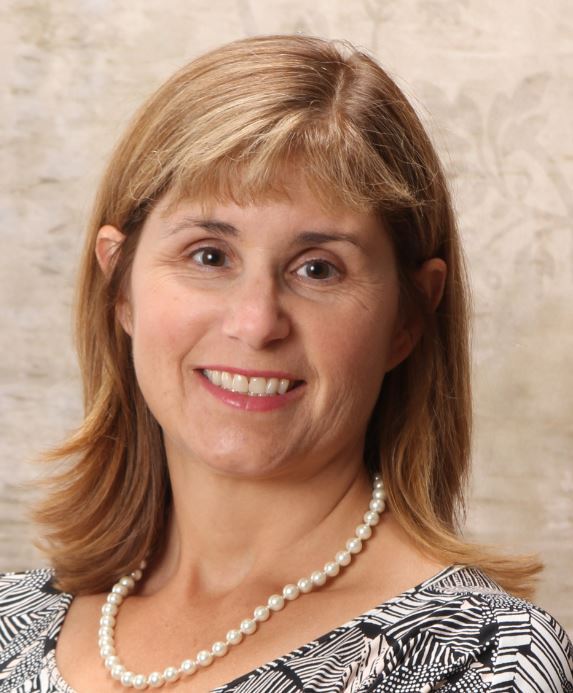
Earlier this month, CHMWarnick, asset manager and business advisor to hotel investors, expanded its accounting services to its asset management clients, making it the only third-party hotel asset management company offering full owner-entity accounting capabilities.
Celeste Cloutier Ledoux, CPA, CHMWarnick’s chief financial officer and managing director, says that over the past 18 years, CHMWarnick has provided various accounting services upon request, but this latest move marks its formal entry into the accounting space. She explains that most hotel operators account solely for hotel operations and miss what’s happening with the investment at the owner level, including fixed-asset accounting, debt and equity activity, and managing cash flow after debt service. “That kind of accounting is typically not done by a management company, so you have this gap,” Ledoux says.
LODGING caught up with Ledoux during the 2019 Americas Lodging Investment Summit (ALIS) to discuss this gap and how CHMWarnick is blending asset management with accounting knowledge to proactively solve problems for hotel owners.
How did you get involved in this side of the business?
My background is in owner-managed accounting. When I came out of school, that’s what I geared myself for, and the reason I liked it is because you’re much more of a generalist—you’re doing gap accounting, you’re involved with the lenders, you’re doing taxes, as well. You’re also working with owners, so you get to know them, you get to know their families, and you get to know what drives them. For me, it was much more relationship-based. I found that this trust develops and that, to me, is one of the things people don’t realize about accounting—it’s not just someone in a corner doing numbers. We become the person who these owners trust. The thing I’m most proud of is the relationships that I’ve had and the experiences I’ve had in dealing with owners and their families and finding out what’s important to people.
What is your approach to accounting and how is it different from big accounting firms?
My favorite deals are the ones where I’m at the table from inception. The second best option is to have an attorney who will spend time with me to explain, “this is why we did it this way and this is how we got here,” because that pattern—how you got here—is so important. I can read documents all day long, but if I don’t have someone who really knows the deal looking at what I’m doing, I can never be sure.
You can’t do accounting in a bubble. You can’t sit in an office with no relation to the business and do the accounting. Hotels can get complicated. Sometimes you have a simple LLC and it’s easy enough. But when you start getting into REIT structures, there’s an operating lease to account for; somebody needs to read that agreement, understand how it works, and get all the expenses in the right set of books.
That’s what we’re skilled at. It’s a very different skill than your typical accountant. It’s really driven by knowing how these documents work, taking those documents, and accounting for a client’s books properly.
Some of our clients who transitioned from other third-party providers have found some cost savings, but I think in the end, what they really like is that they’ve got one shop handling everything for their hotel operations. That’s what’s really important to them.
What are some of the results that you’ve seen once you’ve closed the gap between asset management and accounting?
First of all, there’s the boring stuff: they’re in compliance. We get their audits done and they don’t have any more issues. They file tax returns on time and quickly. They’re not at risk of REIT non-compliance because everything’s in the right place.
We also work closely with asset management. There’s no double communication; when you’ve communicated with asset management, you’ve communicated with us and when you send reports to asset management, you send reports to us. That streamlines the reporting process for everybody. We try to attend as many owner meetings as we can so that we know what’s going on. Because we’re part of all that, owners have fewer problems on an audit because we’re well informed and able to produce good financial statements.
But it goes both ways. We do a lot of asset management support. In general, asset managers can focus a lot on the P&L [Profit and Loss Statement] and Budget Vs. Actual [Variance]. We spend a lot of time training our asset managers on what’s going on with the balance sheet. Sometimes, when there are cash flow problems, we’re able to help find cash in other places.
We tend to do loan compliance testing as well. We’ll do those calculations for asset managers so we always forecast out and we help strategize with the client. We’re really helping the asset managers provide a more full service.
How do you envision the next five years of growth for CHMWarnick?
In any service business, it’s really about securing your team. One of my accounting managers has been with us through a couple different stints—probably eight years at this point. Our growth is recent, so most of the other people are about two years in, but I think we have a fairly committed staff.
We’re also continuing growth throughout our clients, and hoping to attract new clients because we have this service.











